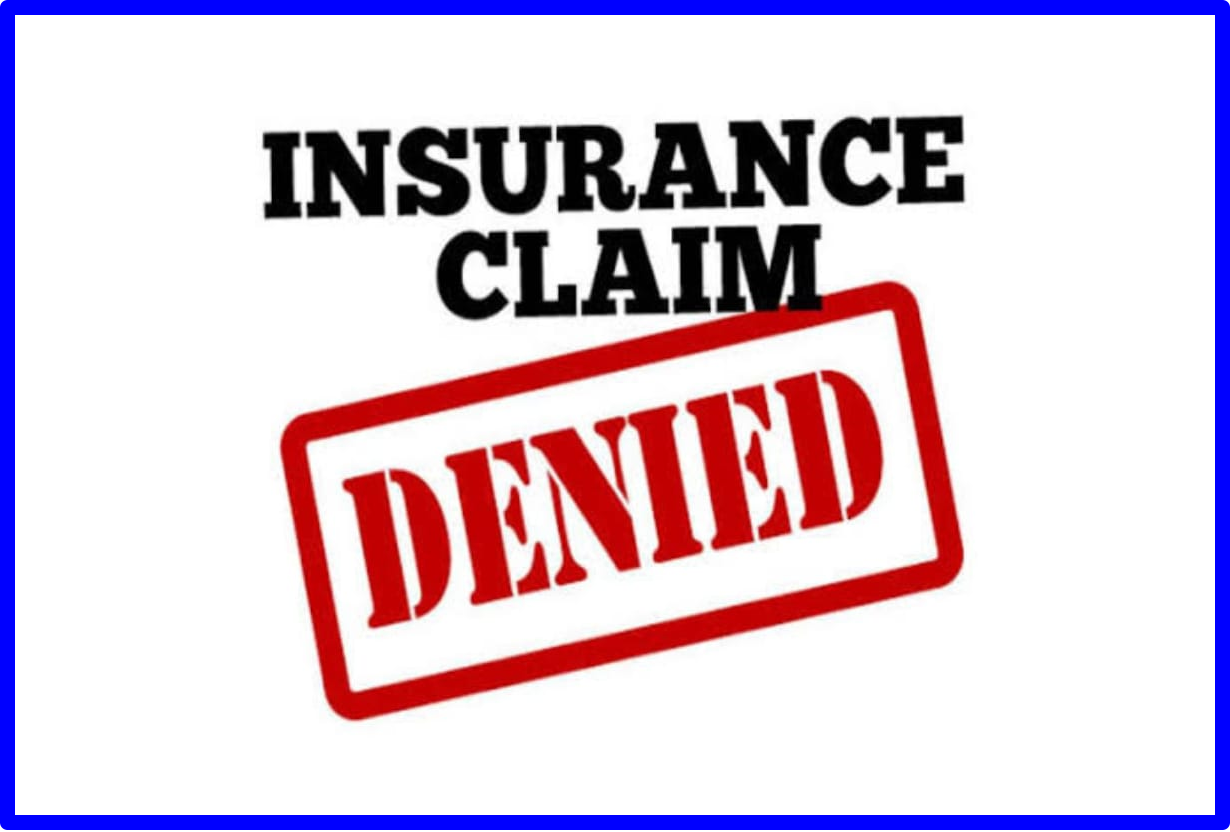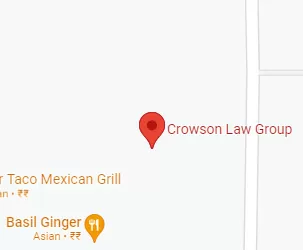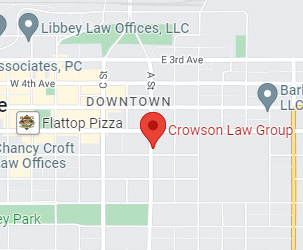How to Navigate Denied Insurance Claims

You have the right to seek compensation for any loss incurred after an accident. You may opt for insurance or a court recovery for your damages.
Similar to a negative court verdict, an insurance claim can be denied. Before proceeding with your case, it’s worth seeking legal counsel from a skilled accident attorney in Alaska.
Common Reasons for Insurance Claims Denials
Below are the common reasons why your insurance claim may be denied:
Policy Exclusions
Claims may be denied if the incident falls under policy exclusions. It’s important to thoroughly review and comprehend these exclusions to prevent unexpected denials.
Incomplete or Inaccurate Information
Providing inaccurate or incomplete information during the claims process can lead to denial. Accuracy in reporting details, such as the circumstances of the incident and the extent of damages, is vital.
Lack of Timely Reporting
Delayed reporting of incidents can jeopardize a claim. Insurance policies typically require prompt reporting, and failure to adhere to these timelines might result in denial.
Unpaid Premiums
A lapsed policy due to unpaid premiums can lead to claim denials. It’s essential to maintain consistent premium payments to ensure continuous coverage.
Pre-existing Damage
Claims for damages that existed before the policy coverage period may be denied. Conducting a thorough inspection and documenting the vehicle’s condition before obtaining coverage can help avoid such issues.
Claims Denial Tactics Used by Insurance Companies
Most insurance companies use various tactics to deny claims, leaving policyholders bewildered. Understanding these strategies is vital for people navigating the claims process. Here are the common denial tactics used by insurance companies:
Policy Misinterpretation
Insurance companies may exploit policy language, interpreting it in a manner that favors denial. This tactic emphasizes the importance of policyholders comprehensively understanding their coverage terms.
Selective Document Review
Insurers may selectively review documents, focusing on aspects that support denial while overlooking evidence favoring the claim. Policyholders should ensure they furnish their insurers with all relevant information to support their claims.
Using Delay Tactics
Deliberate delays in claims processing can frustrate policyholders, potentially leading to the withdrawal of claims due to protracted procedures. Policyholders should remain vigilant and persistent to avoid such situations.
Alleging Material Misrepresentation of Facts
Insurers may accuse policyholders of misrepresentation, asserting that provided information is inaccurate. Clear and accurate documentation at the onset of the policy can counteract this tactic.
Conducting Independent Medical Examinations
Insurance companies may request independent medical examinations (IMEs) to dispute medical claims. Policyholders should be cautious during IMEs and seek legal advice if necessary.
Undervaluing the Value of a Claim
Assessors may undervalue claims, offering settlements significantly below actual losses. Policyholders should seek professional evaluations to contest underestimated claims.
Citing Pre-existing Conditions
Insurers might attribute damages to pre-existing conditions, denying coverage. Thorough documentation and expert opinions can counter this argument, establishing the causation of damages during the policy period.
Policyholders should remain vigilant, consult legal advice when necessary, and maintain detailed records to counter these denial tactics. Understanding these strategies empowers individuals to navigate the claims process more effectively and protect their rights as policyholders.


